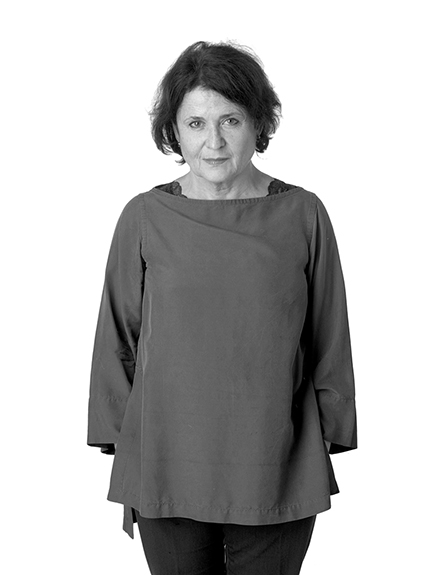| marie-hélène le ny |
|
photographist |
|
Equality and liberty are concepts of the democratic era. These concepts allow me to analyse what makes history and how. Equality is not only a principle of democracy, but an operator which allows me to read the political materiality of social matters. Analysing discourses on emancipation refers to the construction of a gender-dependent world and, based on that, the analysis of domination. In reasonings on emancipation there is a complexity which I want to restore by inviting the contradiction of equalities to be identified and understood. Pascal spoke of self-consent to oneself. He told us that inside ourselves there is a space where we can confront our arguments to find the place where we are truest to ourselves. Working on self-consent to oneself is the best way of starting to work on one's liberty and of imagining how equality can be made possible with others." |
|
||
|
Geneviève
Fraisse, |
|||
|
|
|
|
